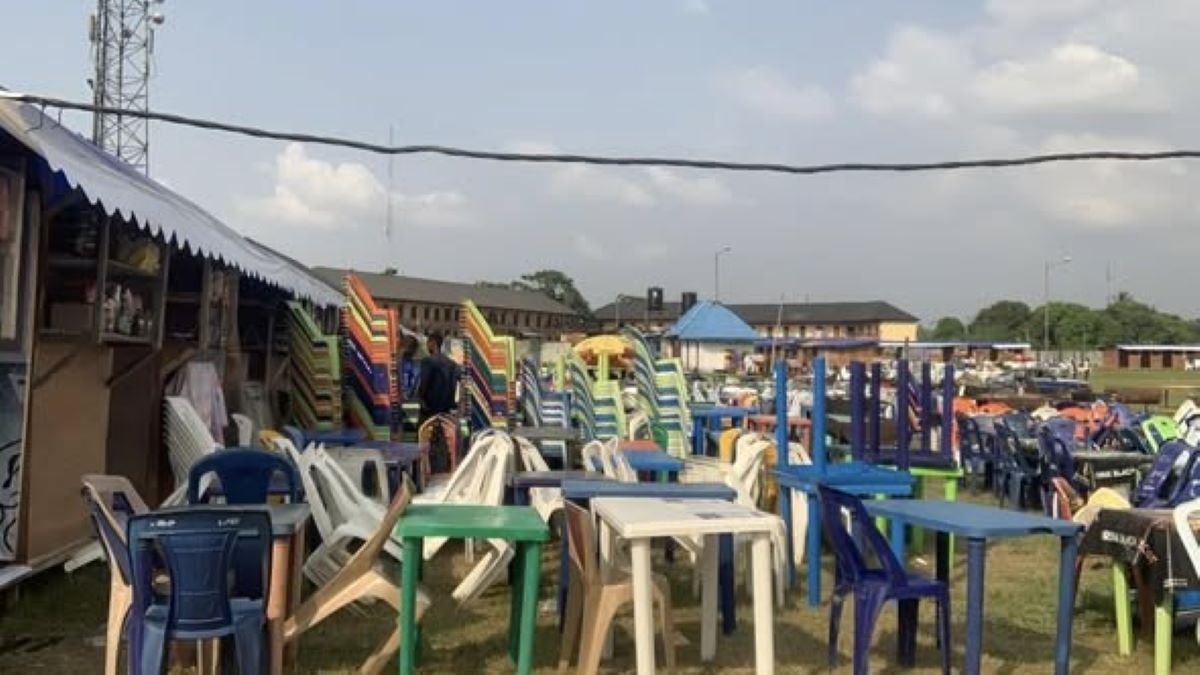The Lagos State government yesterday commenced full enforcement of its ban on single-use plastics (SUPs) less than 40 microns in thickness, with a vow to seal markets and stores found selling or storing the prohibited items.
The Commissioner for Environment and Water Resources, Mr Tokunbo Wahab, announced this during a press briefing at the ministry’s conference room in Alausa, Ikeja, stating that the enforcement follows a six-month grace period that expired on June 30, 2025.
“There will be no reversal of the enforcement, which officially took effect on July 1,” Wahab declared.
The prohibited items include styrofoam packs, plastic straws, disposable plastic cups and cutlery, and lightweight nylon bags. Wahab explained that the ban is aimed at reducing plastic waste, minimising pollution, and promoting environmental sustainability.
The Lagos State government first announced the ban in January 2024, granting an initial one-year notice and a six-month moratorium to allow stakeholders time to adjust. Wahab noted that producers and distributors of the banned items are permitted to sell them outside the state.
Citing a United Nations report, Wahab said Lagos generates about 34 kg of plastic waste per person yearly, with much of it leaking into the water system. “That’s equivalent to every Lagos resident throwing 10 plastic water bottles into waterways daily,” he noted.
The decision to ban single-use plastics followed extensive consultations with stakeholders, including representatives from the Manufacturers Association of Nigeria (MAN), the Recycling and Food Packaging Associations (REFSPAN), and the Food and Beverage Recycling Alliance (FBRA).
Wahab dismissed concerns about job losses, stating that the transition would create opportunities in eco-friendly packaging and alternative solutions. “This ban is aimed at protecting the environment and public health, not harming businesses.”
It’s a call to innovate and adapt,” he said.
He further warned that enforcement would be strict, with offenders penalised under Lagos State environmental laws. “Markets and stores found selling or storing banned items will be sealed, goods confiscated, and offenders penalised,” he stated.
Lagos, as a coastal city, faces unique challenges from plastic waste, including blocked drainage systems and ecosystem damage. Wahab stressed the urgency of the ban, saying, “Enough is enough. We will not compromise on the safety and well-being of our residents. This is a battle we must win for our future and for our planet.”






